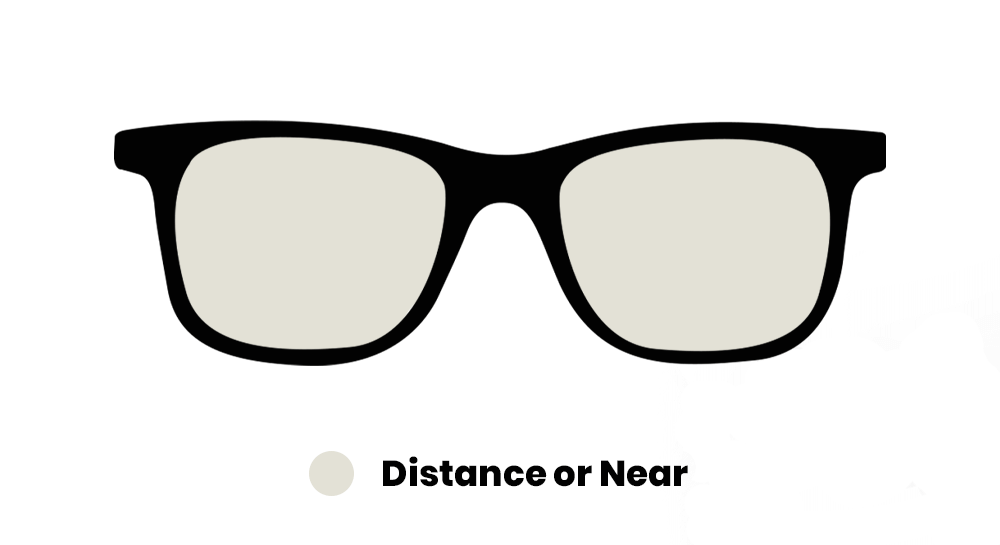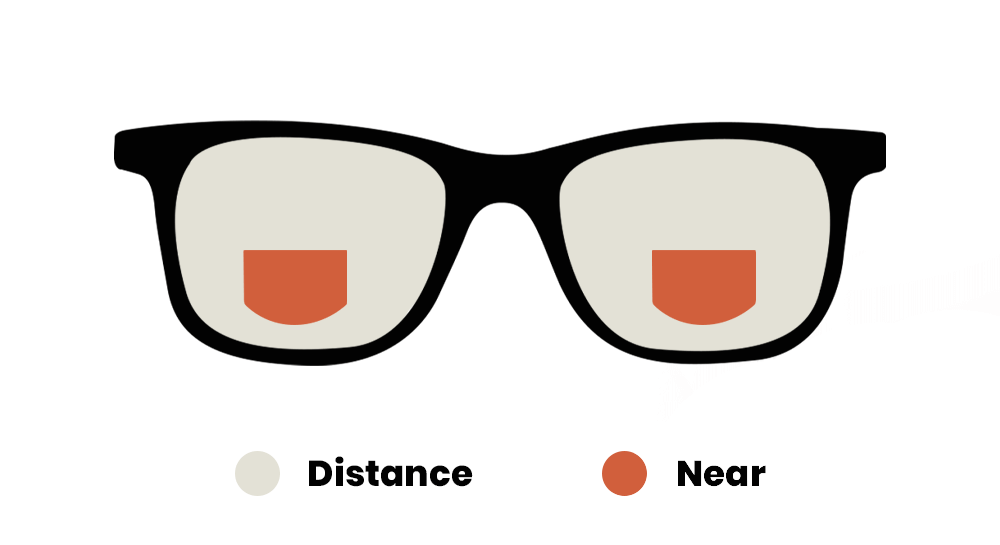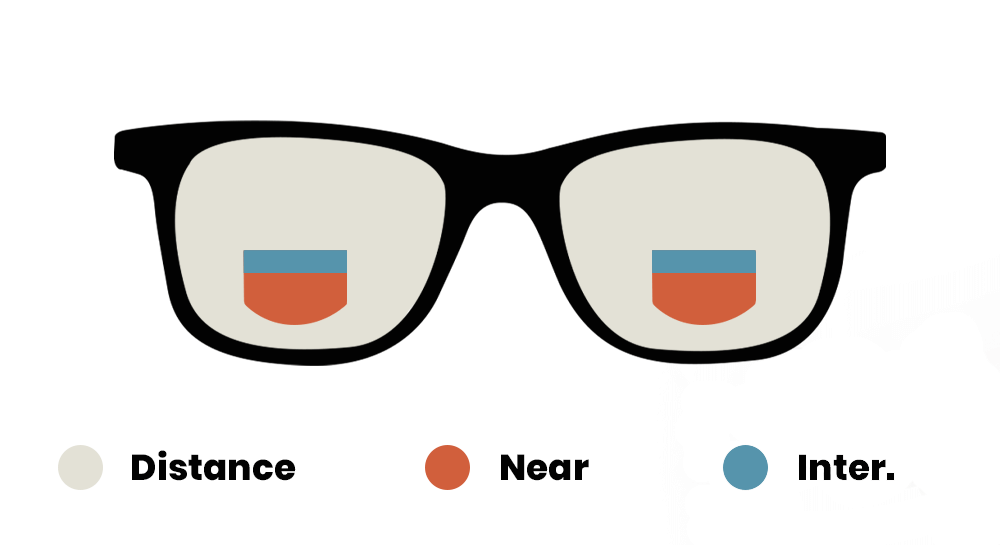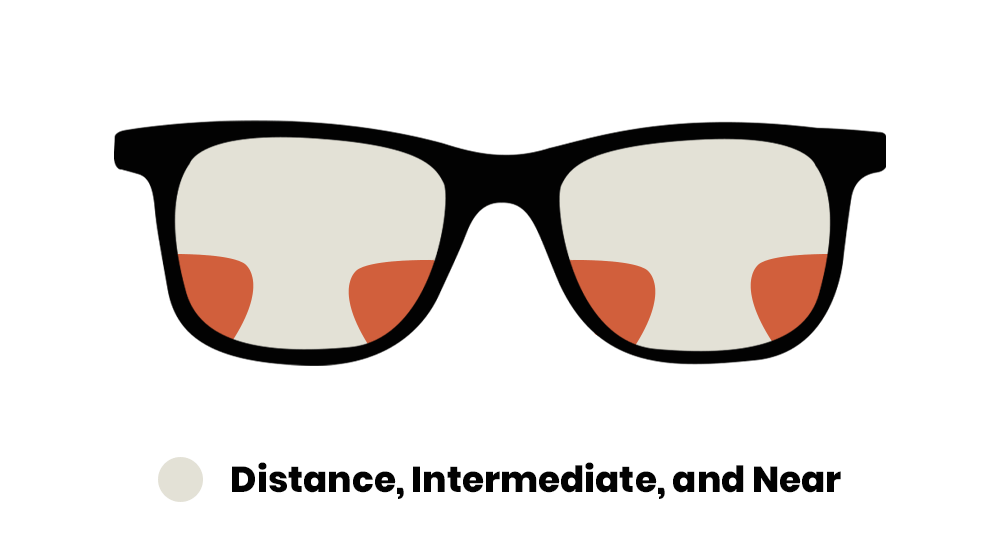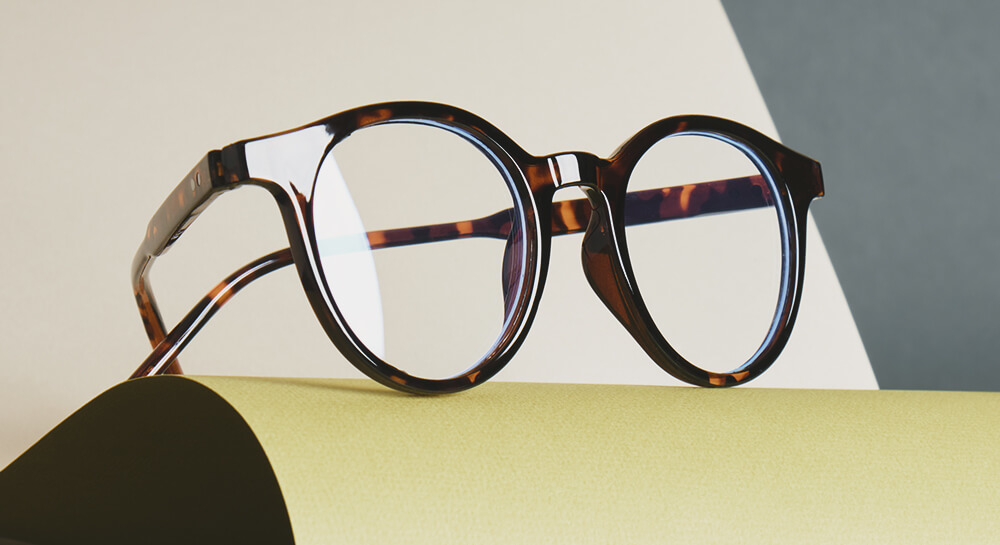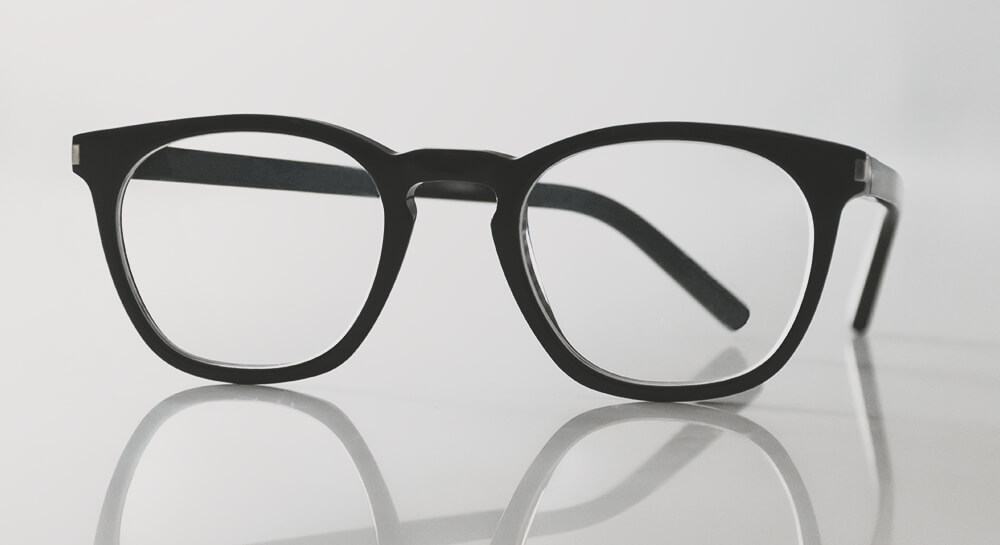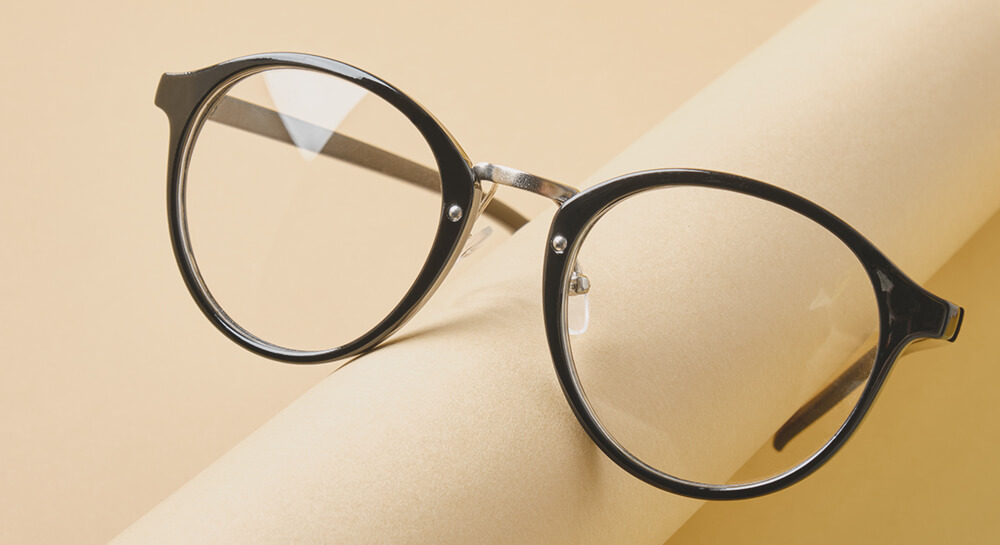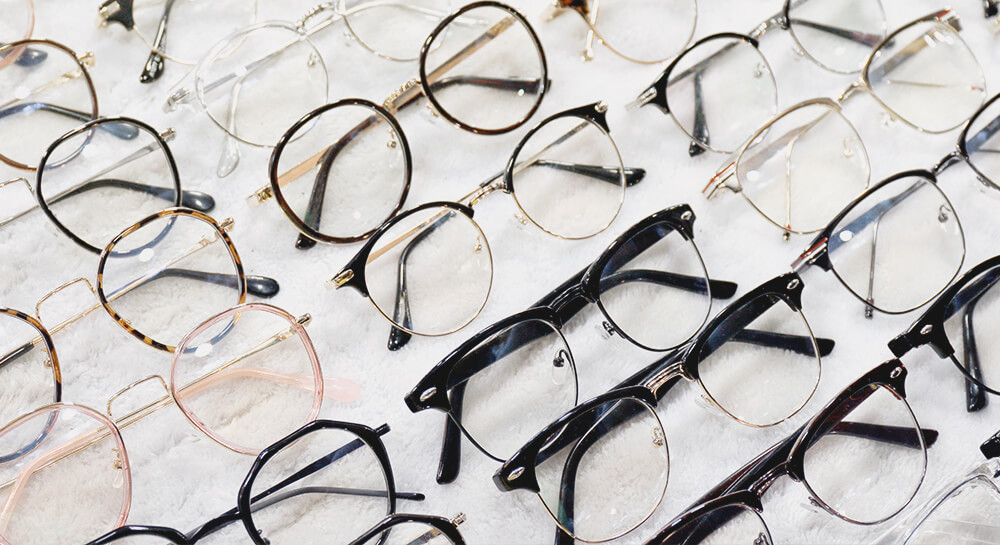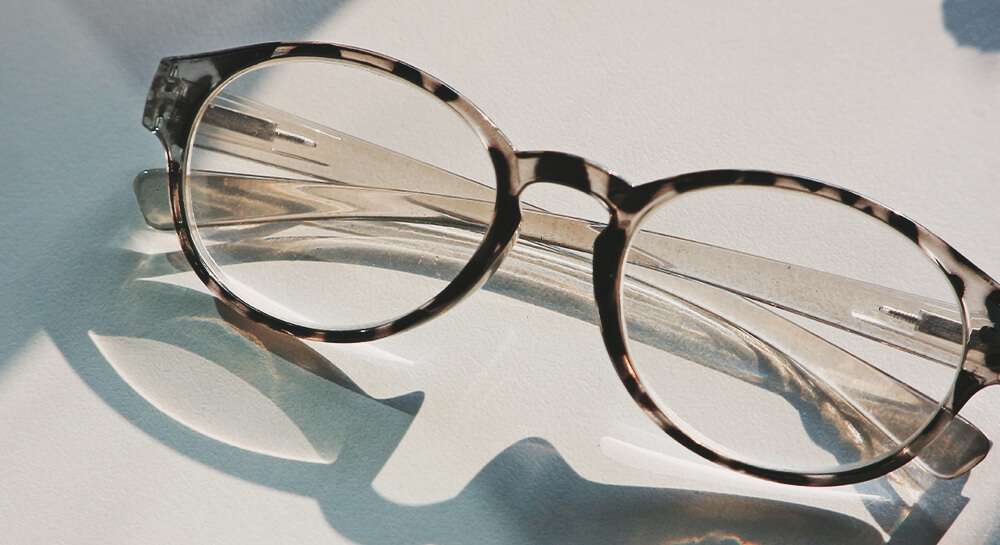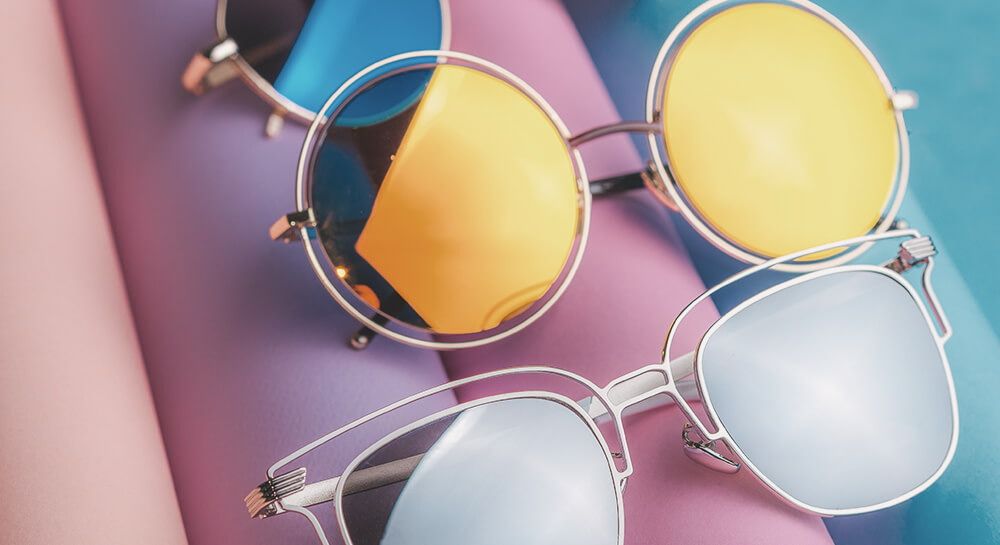Types of Double Vision: Monocular vs. Binocular
- Monocular Double Vision: The issue persists even if one eye is closed. This usually signals a problem in one specific eye.
- Binocular Double Vision: It happens when both eyes are open and typically disappears when one eye is closed. This kind of double vision usually points to an alignment problem between the eyes.
Knowing which type you have can make it easier for your eye doctor to pinpoint the cause.
Common Causes of Double Vision
1. Eye Muscle Problems
Your eyes work like a team, using muscles to move in sync and focus. If one or more of these muscles is weakened or damaged, it can cause misalignment and lead to binocular double vision. Conditions like strabismus (misaligned eyes) are a common culprit.
2. Nerve Damage
Nerves send signals to the eye muscles, telling them where to move. If these nerves are affected by conditions such as diabetes, multiple sclerosis (MS), or even a stroke, it can disrupt the coordination between your eyes.
3. Cornea Issues
The cornea is the clear front part of your eye that helps focus light. If it’s irregularly shaped or damaged (from things like injuries, infections, or dry eye syndrome), you might experience monocular double vision.
4. Cataracts
A cataract is a clouding of the eye’s natural lens and can make light scatter as it enters the eye. While this doesn’t always result in double vision, it’s a possible cause, especially in one eye.
5. Refractive Errors
Sometimes, vision problems like astigmatism (where the eye isn’t perfectly round) or needing a new glasses prescription can lead to temporary double vision.
6. Brain or Neurological Issues
Because your brain plays a key role in processing what your eyes see, neurological conditions like concussions, tumors, or brain injuries can disrupt this process and cause double vision. These cases are rare but often require immediate medical attention.
7. Fatigue or Temporary Issues
Ever notice how your vision can get blurry or weird after staring at a screen for too long? Severe eye strain or exhaustion might cause temporary double vision, but it usually clears up after some rest.
When to Worry
What Can You Do About It?
- Glasses or Lenses: Corrective lenses can often help with refractive issues or minor misalignment.
- Eye Patches: Temporarily covering one eye can help reduce symptoms while the root cause is treated.
- Medications: In cases involving nerve damage or conditions like diabetes, medications or other treatments may be necessary.
- Surgery: For structural problems like cataracts or severe muscle misalignment, surgery may be the best option.
- Lifestyle Adjustments: Taking regular screen breaks, staying hydrated, and managing chronic health conditions can prevent or reduce certain types of double vision.










